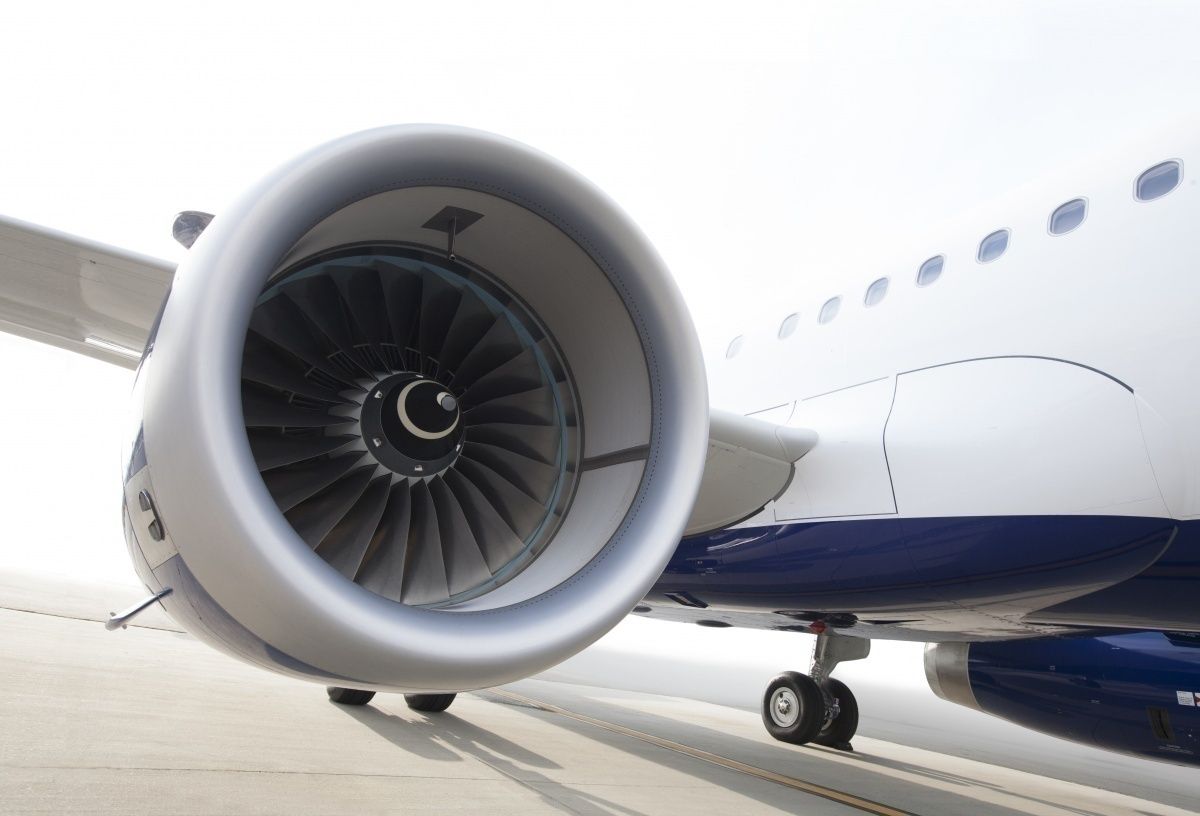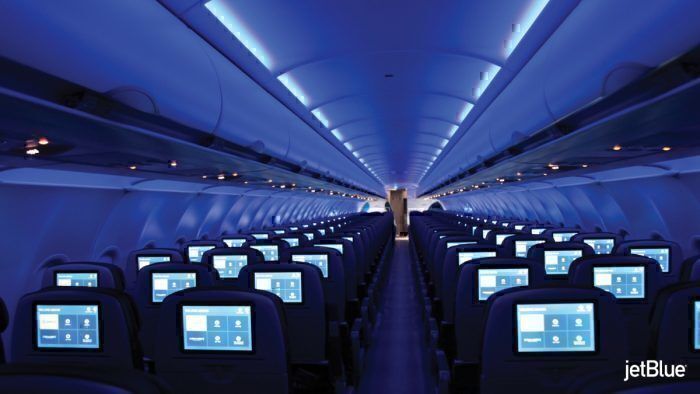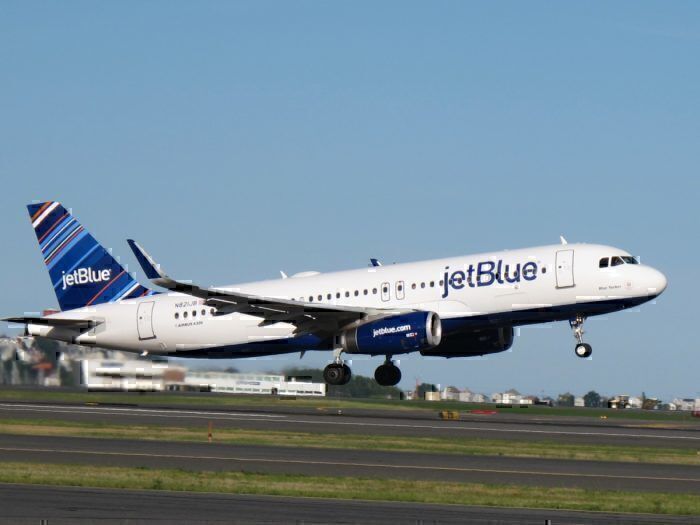Today, JetBlue Airways launched its new budget, economy fare in an attempt to compete with the low-cost offerings from major airlines and other low-cost carriers. This is the first revamp of the airline’s fare since they were introduced in 2015.
Blue Basic
JetBlue Airways is the latest US airline to introduce a low-cost economy fare in an effort to compete with ultra-low-cost airlines such as Spirit and Frontier. In a statement carried by Reuters, JetBlue President Joanna Geraghty said,
"There is a growing customer segment that really values low fares and that are willing to trade off certain benefits”.
JetBlue announced its plans to overhaul its fare categories last month and said that passengers opting for these fares “will agree to some limits.” The new Blue Basic fare will allow passengers to travel with just one carry-on bag, space permitting, and only allows free seat selection 24 hours before flying.
Passengers traveling on the Blue Basic fare will board last and will be unable to cancel or change reservations. However, there will be no extra charge for a carry-on bag, WiFi access is free as is seat-back entertainment. Unlike other low-cost offerings, passengers will be able to select their seats free of charge 24 hours before the flight. JetBlue also offers more legroom than any other airline for its standard seating.
Other fare options
JetBlue is not the only US airline to introduce a low-cost option. American Airlines, Delta Air Lines and United Airlines all introduced budget options over the past few years to prevent losing customers to low-cost carriers. Despite the new basic options, it seems as though the economy offerings only work because some passengers are willing to pay more to avoid the inconvenience.
To this end, JetBlue has replaced its Blue Flex fare with a new Blue Extra option. This will allow passengers greater flexibility when it comes to canceling flights, fast-tracking security and early boarding. The airline's standard Blue fare category will remain unchanged and a new Blue Plus offering will exist on some international routes.
Impact
In what has been described as a “conservative” estimation, JetBlue has estimated that the new fare options will add $150 million to revenue in 2020. JetBlue President Joanna Geraghty went on to state that the new fare options will allow the airline to “aggressively” drive down fares in a hope to compete with the low-cost carriers. Dave Clark, vice president of JetBlue, added that “Not having that offering, we couldn’t compete effectively.”
Cowen analyst Helane Becker said to JetBlue investors that, “Basic economy has proven to be a revenue driver for airlines that have implemented it.” However, despite the optimistic view of JetBlue’s forecast and investor comments, the airline's shares have remained unchanged.
The new Blue Basic option debuted on Monday on selected routes such as Ft. Lauderdale, Florida to Nassau, Bahamas and the airline’s JFK, New York’s to Long Beach, California flights.
While the new fares are currently only available on some routes, the new options will be expanded over the coming two months. JetBlue also has plans to launch transatlantic flights in 2021 but has not stated if the new Blue Basic option will be available on this route.
What do you think about the new economy options offered by large airlines? Would you be willing to pay extra to avoid inconveniences such as boarding last or do you think the low-cost options are an effective way to compete with budget airlines?



